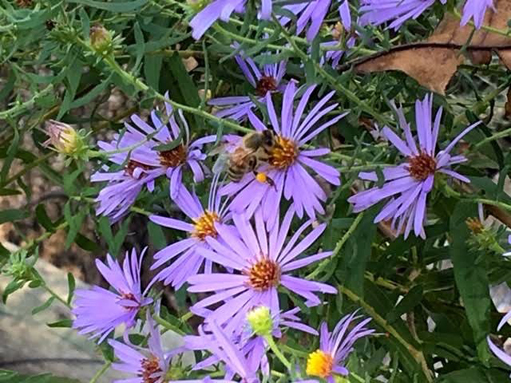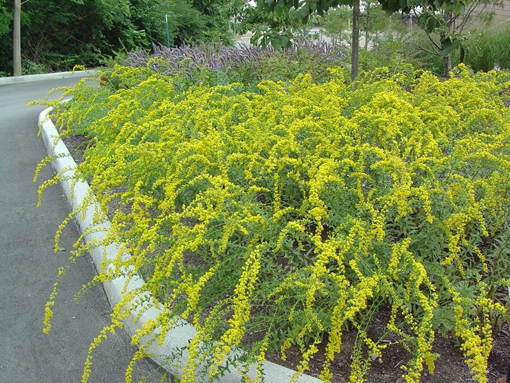Learn How to Help Pollinators

Interested in helping pollinators, including honeybees? There is a brand new program in Missouri, indeed it is the first such independent program in the country, designed to help the wide range of Missouri pollinators. Your local bee club can sponsor the program, get programming for half a year and generate revenue for club operations.
The Missouri Master Pollinator Steward Program officially launched fall of 2018. The six-session program is designed to teach participants about pollinators, why they are important and what participants can do to help them.
Local bee clubs can work with their local University of Missouri Extension offices to request the program in their area; to get class participants registered and to host the sessions, which include hands on activities.
The suggested cost of the program is $90 per person. The recommendation is that $25 goes back to the local bee club; another $25 is a required University of Missouri state fee. The remainder $40 is used to cover expenses like printing and supplies, and any surplus kept by that local University of Missouri Extension office.
“Details of how funds will be dispersed is part of the discussion a bee club should have with their respective county extension center council,” according to Jim Quinn, University of Missouri Extension specialist and steering committee member.
For the past three years, the University of Missouri has sponsored a steering committee to develop the Master Pollinator Steward program. The purpose of the program was to capture those 9 out of 10 people who want to help pollinators but don’t want to keep honeybees, the largest of the pollinator groups.
One out of every three bites of food we eat are pollinated by honeybees.
Lack of plant diversity and poor nutrition sources is one of the four major challenges to keeping bees alive worldwide. The other two are overuse of pesticides and pathogens carried by a tick-like mite called varroa. More than two dozen viruses have been identified that are vectored by the varroa mite, which deplete bees of their immune system.
“It’s been exciting to see this program evolve and to take it out for a test in May,” said former Missouri State Beekeepers Association President Valerie Duever, another working group member. “ This program should be a great resource for local bee clubs and other groups interested in helping to restore Missouri’s foraging areas.”
Other steering committee members include Travis Harper and Bob Pierce, MU Extension specialists; Mike Conroy, Sedalia Beekeeping Association; Jim Duever, Boone Regional Beekeeping Association; Bob Lee, Master Naturalist representative; Amber Edwards, Conservationist educator and myself. I helped to author the chapter on honeybees, reviewed some of the other chapters, tracked down photos and came up with hands on activities.
For more information on Missouri’s master pollinator steward program, visit https://extension2.missouri.edu/programs/programs-master-pollinator-steward.
Guidelines on how to set up a Master Pollinator Steward program class are here: http://extension.missouri.edu/pollinator/startup.aspx.
A narrated overview of the program that can be used to share it has been posted here: https://youtu.be/0AvESofVLuI.
For more information, contact Jim Quinn at quinnja@missouri.edu.
Charlotte Ekker Wiggins is a beekeeper, gardener and sometimes cook. Published by El Dorado Springs Sun with author’s permission. Copyright 2018, all rights reserved. Contact Charlotte at gardeningcharlotte@gmail.com with your questions and comments.

BABY FOOD – One of my honeybees is packing pollen in her legs to take back to her hive for baby bee food.

HONEY FACTORY – Missouri has 22 species of goldenrod which blooms June through frost and provides food for a variety of native bees as well as honeybees. (Photos by Charlotte Ekker Wiggins).



Facebook Comments